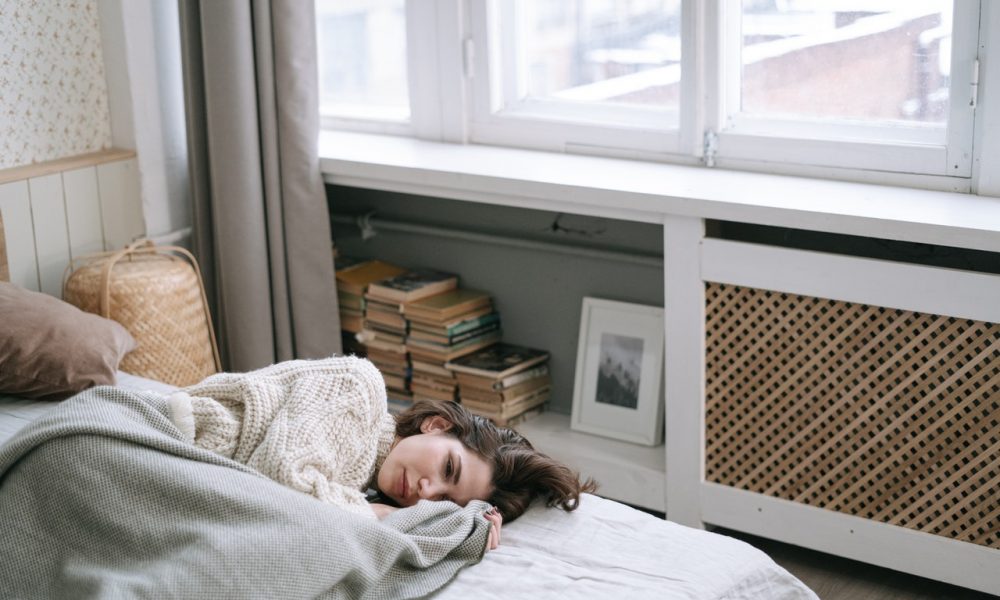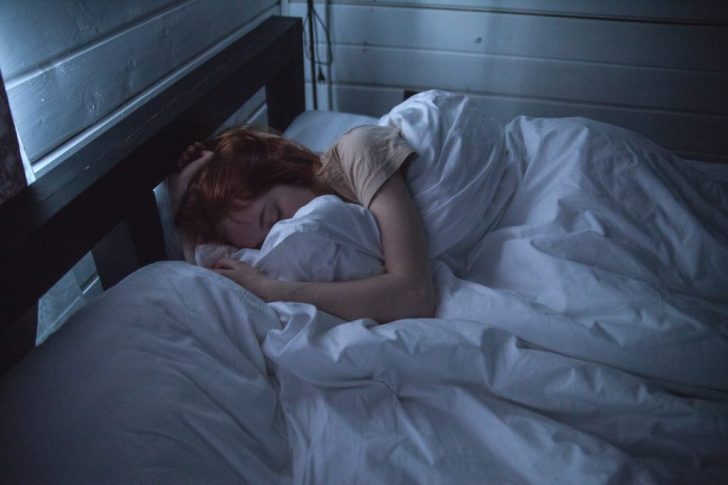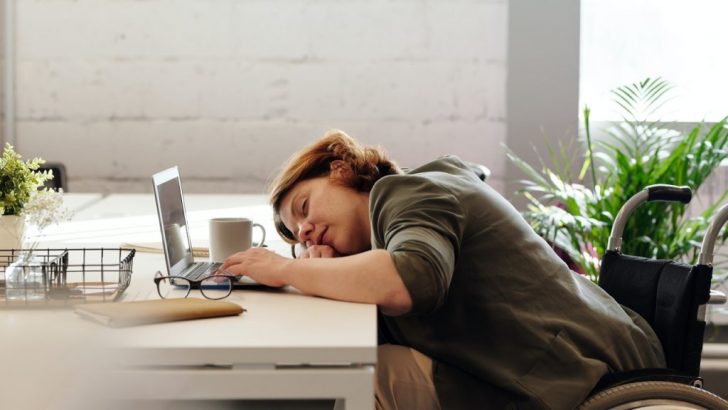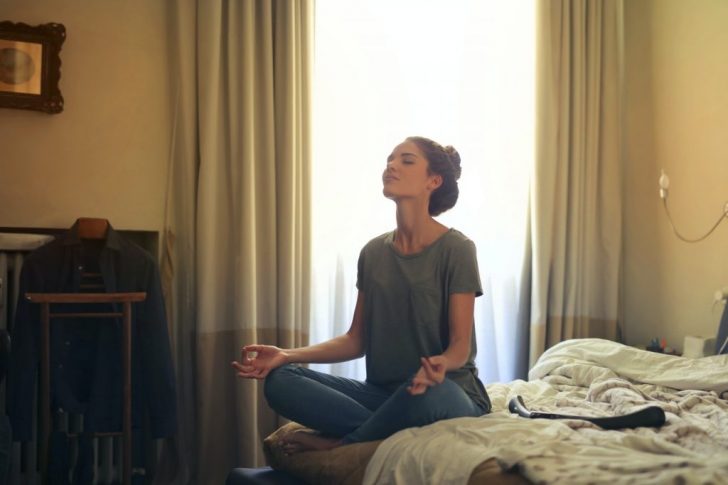
If You’re Having Trouble Sleeping During the Pandemic, We Have Answers for Your Questions

Insomnia rooted in sleep deprivation and inability to sleep due to pandemic effects is termed coronasomia- sounds familiar? The American Medical Association claims that job loss, social isolation, disrupted routines, and an overall feeling of uncertainty have caused a surge in this particular sleeping disorder.
These claims were also backed by research carried out by the University of Arizona, where half of 1,000 participants reported experiencing sleep disturbances and insomnia during the coronavirus pandemic.
Chief Operating Officer of Amerisleep and sleep expert, Joey Holt, claims that guests have been reporting sleep-related problems since the beginning of the pandemic. These customers blame their sleeplessness due to worry concerning their own or a loved one’s health.

Unsplash | Proper sleep is essential for your wellbeing
Repercussions of Coronasomia
Sleep is essential to maintain a healthy body and life. If victims continue to ignore its existence, profound health issues are bound to arise in a matter of weeks. This may include, but is not limited to, depression, anxiety, stress, and even elevated blood pressure levels. Express Scripts confirms this hypothesis, reporting a 14.8% spike in sleep medication sales, an 18.6% spike in antidepressant sales, and a 34.1% spike in anti-anxiety medication sales.
Combating Coronasomia
Considering the fact that sleep disorders were on the rise way before the pandemic, victims must seek ways to combat the problem. If you or a loved one is suffering from coronasomia, be sure to use or recommend the following tips accordingly.

Pexels | Sleep deprivation may make you nap at odd times
Tip 1
The body has an internal clock of its own that responds to environmental stimuli. If you ensure a good dose of bright light early in the morning, whether it be natural or artificial, your sleep pattern will improve. Since the pandemic is keeping you indoors, try sneaking out for a healthy morning walk or run and reap the rewards at nighttime.
Tip 2
Work from home does not mean that you turn the private space of your bedroom into a workspace. Keep your work out of the bedroom and set it up as a place for relaxation only. Additionally, set a curfew on your screen time and activate ‘Do Not Disturb’ mode on it before setting it down.
Tip 3
You don’t need us to explain the effects of coffee on the human body. Since caffeine requires up to 8 hours to metabolize, we suggest you stick to a strict no-coffee-after-2-pm- protocol.
Tip 4
Try not to take any naps during the day, no matter how sleepy you might get. If you’re sleepy to the point of no reprieve, take a break and freshen up. You’ll thank yourself for this at night.
Tip 5
Anxiety and other mental health issues can get the best of us after a long a tiring day. Therefore, therapists suggest unwinding your daily activity and emotions by relaxing yourself before bedtime. Meditation tends to work best for this purpose.

Pexels | Small wellness habits will help you sleep better
Remember that times are difficult for everyone alike, and it is your responsibility to maintain optimal health and advise the same to your loved ones.
More inHealthy Trends
-
`
Are Popular Diet Trends Actually Good for Your Heart?
Diet trends grab headlines every year, promising everything from glowing skin to dramatic weight loss. But when it comes to the...
July 30, 2025 -
`
Why Are Men Taller Than Women? New Genetic Study Finds Clue
For centuries, the average height difference between men and women has been noticeable—men generally stand about five inches taller. While environment...
July 23, 2025 -
`
How Upcycled Beauty Ingredients Are Reshaping the Industry’s Future
The beauty industry is going through a big shift — and it’s not just about trends. As waste problems grow and...
July 17, 2025 -
`
A Look Inside Faith Kipyegon’s Groundbreaking Mile Run in Paris
Last week in Paris, Faith Kipyegon returned to a place she knows well: Stade Sébastien Charléty. But this time, she wasn’t...
July 9, 2025 -
`
Dairy Is Making a Major Comeback — And Health Shoppers Are Loving It
Just a few years ago, dairy sat quietly in the back seat while plant-based alternatives took the spotlight. Now, it’s stepping...
July 4, 2025 -
`
Does Aging Cause Dental Problems?
Aging doesn’t automatically mean losing teeth or developing gum disease. In fact, older adults today are holding onto more of their...
June 25, 2025 -
`
How Upcycled Ingredients Are Shaping the Future of Cosmetics
What used to end up in bins or compost heaps is now finding a new life inside skincare bottles and beauty...
June 18, 2025 -
`
Rock Legend Rod Stewart Trains to Break Sprint Record at 80
Age isn’t slowing Rod Stewart down. Known worldwide for his legendary voice, stadium-filling tours, and timeless hits like “Maggie May”, the...
June 11, 2025 -
`
The Truth Behind Detox Diets – Health Boost or Risky Trend?
It’s hard to scroll through your feed without seeing someone sipping green juice with promises of instant energy, glowing skin, and...
June 3, 2025














You must be logged in to post a comment Login